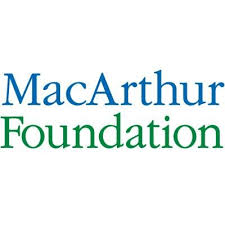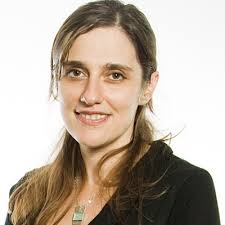 The MacArthur Foundation recently announced its 2017 MacArthur Fellows – 24 individuals whose achievements show “exceptional creativity, promise for important future advances based on a track record of significant accomplishments, and potential for the fellowship to facilitate subsequent creative work.”
The MacArthur Foundation recently announced its 2017 MacArthur Fellows – 24 individuals whose achievements show “exceptional creativity, promise for important future advances based on a track record of significant accomplishments, and potential for the fellowship to facilitate subsequent creative work.”
The MacArthur Fellows program grants each recipient a no-strings attached stipend of $625,000 in order to support his or her own creative and professional ambitions. The program features scientists, artists, historians, and writers.

Regina Barzilay
The 2017 Fellows class features two computer scientists: Regina Barzilay, Delta Electronics professor and a member of the Computer Science and Artificial Intelligence Laboratory at the Massachusetts Institute of Technology, and Stefan Savage, professor of computer science and engineering at the University of California, San Diego.
Dr. Barzilay was selected for her work on machine learning methods that allow computers to read and analyze unstructured documents. Language decipherment can take decades when done by a human. Barzilay created algorithms that can rapidly decipher the ancient Semitic language of Ugaritic by using its similarities to Hebrew. Her recent work has used machine learning to interpret and evaluate oncology medical documents to create a database for preventative methods and treatment.

Stefan Savage
Dr. Savage researches cybersecurity and cyber crime, using an interdisciplinary method that considers the economic and social context of crime, in addition to technological solutions. One of Dr. Savage’s projects focused on email spam – rather than try to prevent spam emails, he focused on preventing profitability. After finding that a small number of banks were involved in processing these transactions, the various stakeholders were able to track and shut down these bank accounts. Dr. Savage was also a recent participant in the CCC workshop series on Sociotechnical Cybersecurity.









